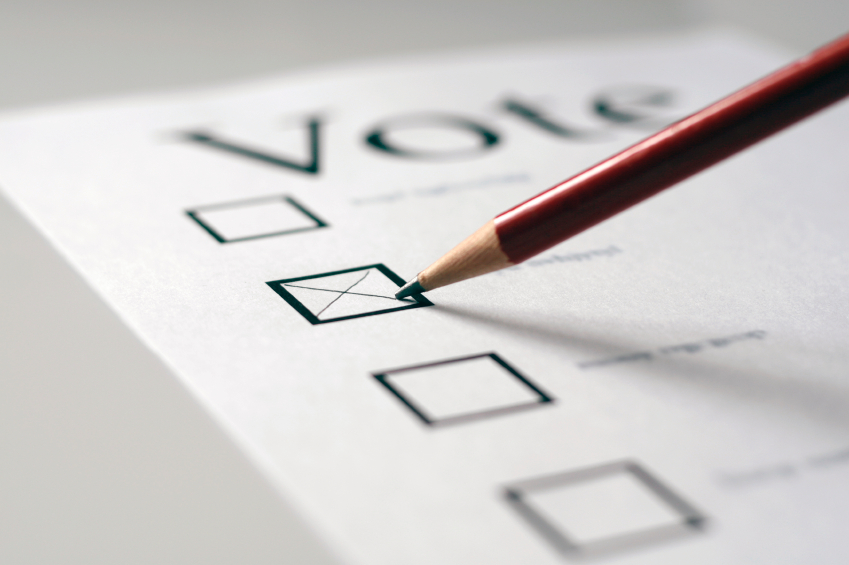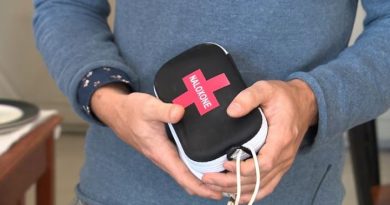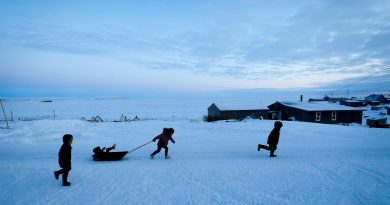Canada’s Fair Elections Act could discourage voting in North

John Louison lives in the community of Fort Good Hope, in Canada’s Northwest Territories, where community residents have a PO box instead of an address, and many don’t have government recognized ID.
Louison says if the Fair Elections Act puts an end to vouching — a practice where people can verify another person’s identity — people in his community just won’t go to the polls at all.
“They’re just putting more rules and rules in for something that should be simple, quick and easy,” he says. “Now it’s gonna be a long process. Bad enough you gotta stand in line, now you have to be showing identification, which is normal, but I don’t think it will be very good overall.”
The government of Canada’s Prime Minister Stephen Harper says the act will make sure voters are who they say they are, but in many northern communities, where most people know each other, vouching is how people vote.
‘Doing away with people’s right to vote’
New Democratic Party Member of Parliament Dennis Bevington says doing away with vouching is the same thing as doing away with people’s right to vote.
“Everybody in the polling station might know them, but if they don’t have the ability to vouch for them then they just simply will have to refuse them to vote if they don’t have the proper ID with them,” he says.
In a statement to the committee reviewing the bill last month, the chief electoral officer of Canada’s Northwest Territories made a similar point.
David Brock said that vouching happens infrequently — 15 out of 1,000 voters in the 2011 territorial election — but is vital in the small communities.
“To remove vouching from the Canada Elections Act would, at least in the short-term, cause a barrier to access for some electors, especially in our smaller communities,” he told the standing committee on procedure and house affairs.
In fact, Brock said that just as parliament is considering eliminating vouching, the Northwest Territories legislature is considering expanding it.
Photo ID not required
Brock pointed out that in 27 of 33 communities in the Northwest Territories, less than half of residents hold active government-issued photo identification.
The proposed Fair Elections Act does not require voters to present photo ID. Rather, it asks for two pieces of ID, both with a name and one with an address.
But the act does propose to allow the representative of a candidate to examine any piece of ID presented by a voter.
In his statement to the committee, Brock said that “almost all of the approved additional documents that may be used as proof-of-residence are likely to contain personal financial information.”
Brock said allowing others to examine someone ID could be “intimidating and inhibiting,” especially in a small community, and asked that the clause be removed from the Bill.
Bill C-23 has already had its first and second reading in parliament and is now being reviewed by a committee.
The Senate legal and constitutional affairs committee has also launched a “pre-study” of the bill before the House of Commons considers amendments or passes it.
Related Links:
Canada: To vote or not to vote? Aboriginal people in northern Quebec to decide, CBC News
Greenland: Mining in spotlight for upcoming Greenland elections, Eye on the Arctic
Iceland: Blog – Iceland Election and the Arctic, Cryopolitics
Norway: Conservative victory in Norway: What does it mean for the Arctic?, Blog by Mia Bennett
Sweden: Hunting and Fishing Party big winner in Sweden’s Sami vote, Radio Sweden



